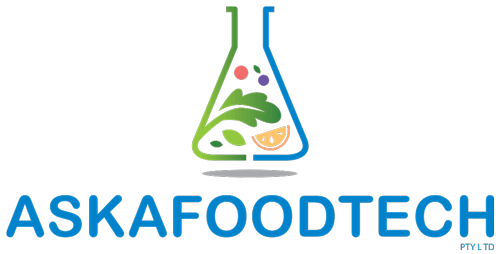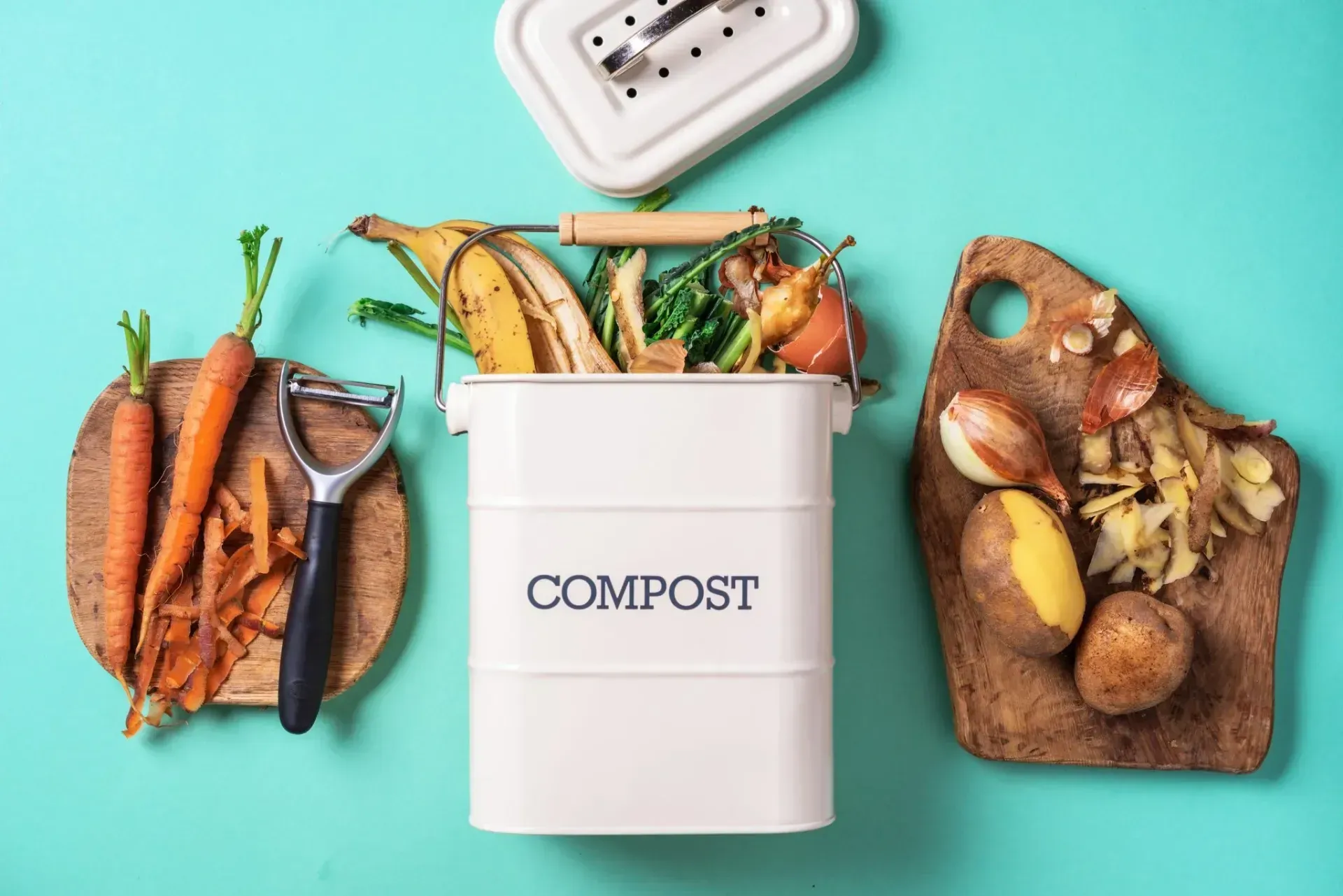Optimising Finished Product Specifications with ASKAFOODTECH and Bizcaps PIF Manager™: A Trusted Solution for Australian Food Businesses
At ASKAFOODTECH, we understand the critical importance of managing accurate and compliant product specifications in the Australian food industry.
The Product Information Form (PIF) is a central tool for ensuring regulatory compliance and providing essential product information across the supply chain.
To streamline this process for our customers, we have our own portal within Bizcaps PIF Manager™, an AFGC-authorised software solution, to manage our clients’ finished product specifications with ease and precision.
What is Bizcaps PIF Manager™?
Bizcaps PIF Manager™ is designed for food and beverage businesses to handle the Australian Food and Grocery Council (AFGC) Product Information Form. The PIF is an industry-standard document essential for capturing comprehensive details about ingredients, allergen status, nutritional information, and other critical product data. By using an authorised software solution, we can ensure that our clients’ PIFs are meticulously managed and kept up-to-date with industry regulations and best practices.
Why ASKAFOODTECH Chooses Bizcaps PIF Manager™ for Managing Specifications:
Managing specifications involves significant detail and rigour. With Bizcaps PIF Manager™, we can seamlessly document, update, and share PIFs, reducing the administrative load for our clients while ensuring their specifications are always accurate and compliant.
Here’s how Bizcaps PIF Manager™ enhances our service delivery:
1. Efficient Data Management
With Bizcaps PIF Manager™, ASKAFOODTECH can centralise and manage all product data in a single, secure location. This ensures that any updates to specifications or regulatory requirements can be implemented quickly and accurately, streamlining the data management process for our clients and reducing the risk of errors.
2. Simplified Compliance
Staying compliant with Australia’s food labelling and ingredient declaration laws can be challenging. Bizcaps PIF Manager™ is specifically designed to align with the latest AFGC guidelines, which simplifies the compliance journey for our clients. We ensure that our customers’ PIFs meet Australian regulatory requirements, offering peace of mind that their product information is ready for retail, manufacturing, or export.
3. Customisable and Up-to-Date Information
Product information requirements evolve, and Bizcaps PIF Manager™ adapts to these changes. This adaptability allows ASKAFOODTECH to tailor product specifications precisely to meet our clients’ needs. For example, if a client’s product undergoes a formulation change, we can quickly update and reissue the PIF without unnecessary delays.
4. Streamlined Communication Across the Supply Chain
The PIF system ensures that all stakeholders – from ingredient suppliers to retailers – have access to consistent, accurate information. With Bizcaps PIF Manager™, we’re able to share these PIFs efficiently across the supply chain, promoting transparency and trust while eliminating communication bottlenecks.
5. Time and Cost Efficiency
Bizcaps PIF Manager™ automates much of the specification process, reducing the time spent on manual data entry and review. For ASKAFOODTECH clients, this translates into cost savings, faster time-to-market, and the assurance of industry-leading accuracy.
Supporting Our Clients in an Ever-Evolving Industry.
In today’s fast-paced food industry, ensuring accurate and accessible product information is essential for brand reputation and regulatory compliance. ASKAFOODTECH is committed to providing our clients with reliable, up-to-date solutions for specification management. With Bizcaps PIF Manager™, we take the complexity out of managing finished product specifications, allowing our clients to focus on what they do best – creating high-quality food products.
Get in Touch
Curious about how ASKAFOODTECH can support your business in managing product information effectively? Contact us to learn more about our specification management services and discover how Bizcaps PIF Manager™ can streamline your compliance and data management needs.

About the Author:
Stewart Eddie (Bapp Sc Food Science & Technology) is Director and Principal Food Tech at ASKAFOODTECH PTY LTD; a food technology consulting company that inspires, educates, and serves food producers with an ambition to grow and manage risk. Living with a severe food allergy and being a food technologist, Stewart is uniquely placed to help your food manufacturing business with your allergen management planning. If you would like more information on the services that ASKAFOODTECH PTY LTD can provide, please
contact us.








